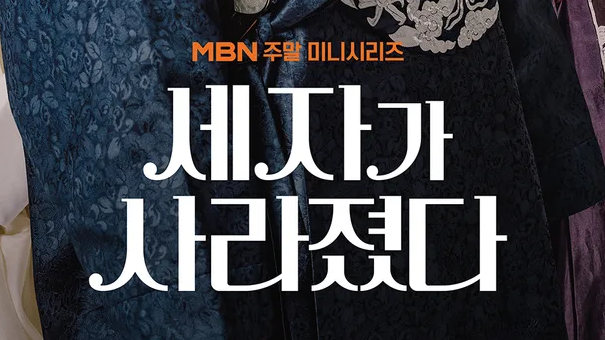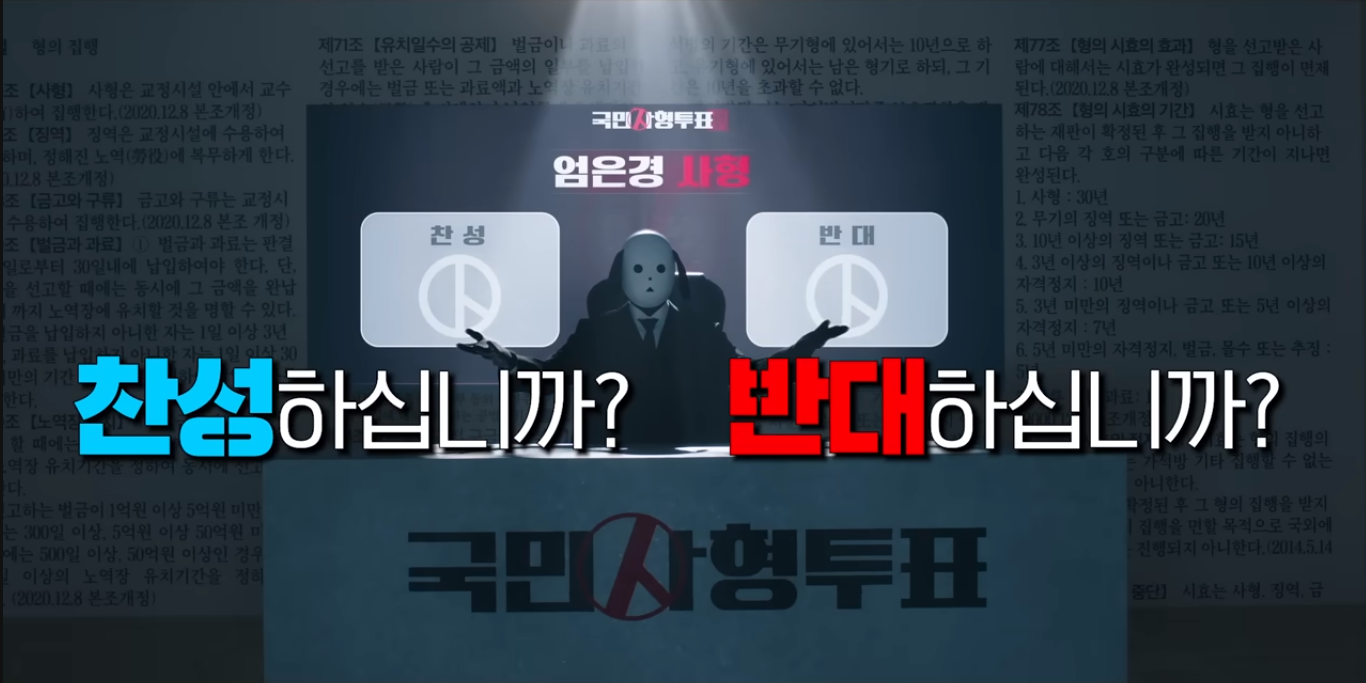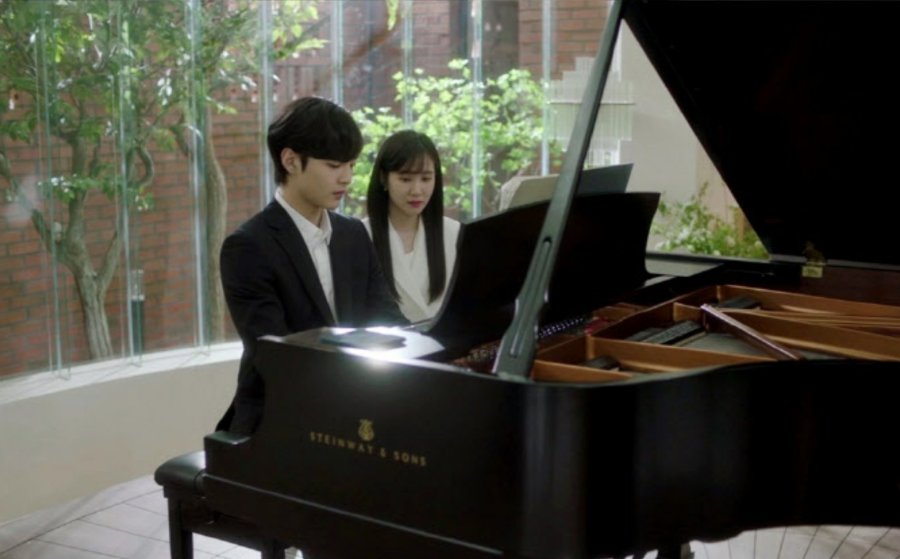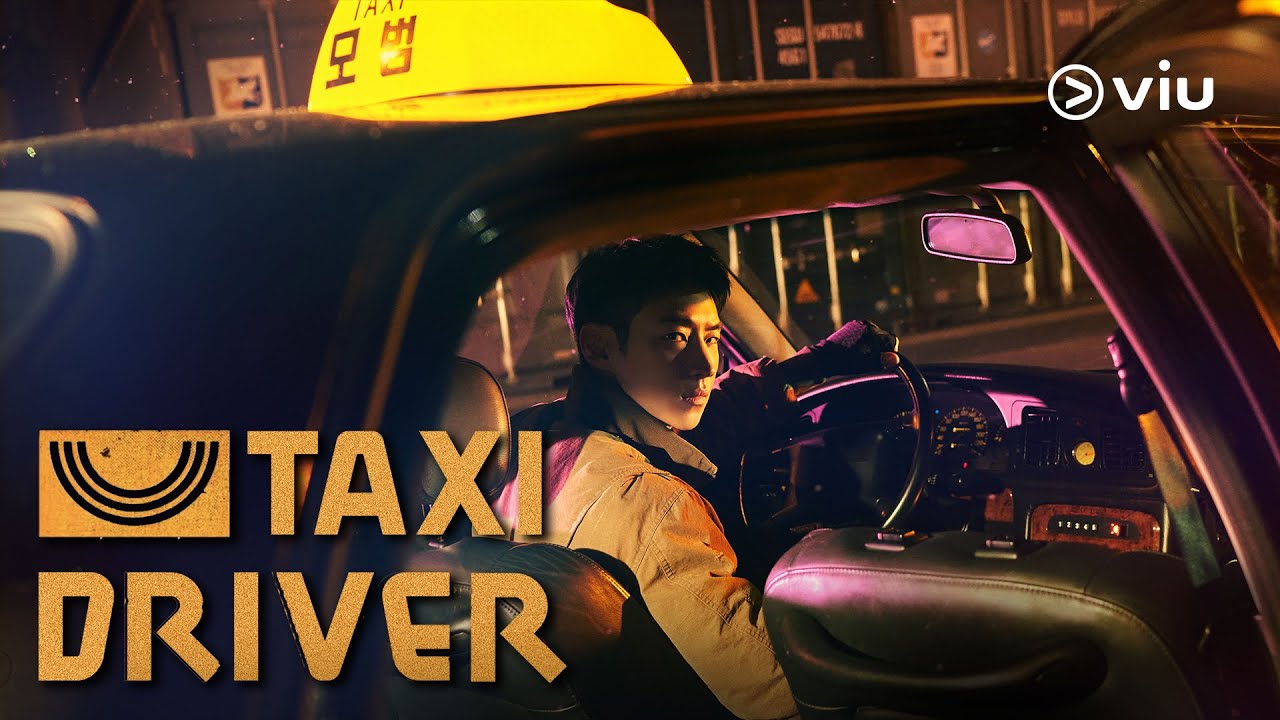
TV

A Tragic Love Story Revealed in Surprising K-Drama
Uncover the hidden gem in a K-drama disguised by its title the Missing Crown Prince. Follow the poignant romance between the Queen Dowager and her secret lover, and see why this series stands out for its unique narrative and captivating acting.

Revolutionizing Justice: Participatory Verdicts in K-Dramas
Imagine a world where the power to decide a person’s guilt or innocence is no longer solely in the hands of the legal system but is instead placed directly into the hands of the public. This intriguing concept has been brought to life in two captivating K-drama TV series: The Devil Judge (악마판사) and The Killing Vote (국민사형투표). In a unique twist, both shows invite the public to cast their votes on the fate of the accused, evoking a sense of agency and empowerment that resonates deeply with the frustrations of the ordinary citizens.

Reaction: Exploring the Emotional Depths of «Do You Like Brahms?»
I recently began watching the Tagalog-dubbed version of Do You Like Brahms? (브람스를 좋아하세요?) on Viu OTT after missing its original 2020 airing due to the deep pain caused by the end of my 15-year relationship. As I watch the series now, I find it surprisingly painful.

Pandora: Beneath the Paradise explained
If you’re feeling confused about the ending of Pandora: Beneath the Paradise (판도라: 조작된 낙원), don’t worry, you’re not alone. Let’s delve deeper into the story and see if we can make sense of it together.

Reaction: Duty After School alternate endings
Duty After School recently concluded and it received a lot of negative feedback due to the way the live-action adaptation ended the series. But, are you aware that there are potential alternate endings to Duty After School?

Why «Taxi Driver» season 2 is worth watching
Taxi Driver (모범택시) revolves around a group of people who are dissatisfied with the justice system and take on cases that have been ignored or overlooked by the authorities. They help ordinary people who have been left behind by the law.

«The Last of Us» episode 01 review
The Last of Us premiered on HBO Max this week. This new TV series is an adaptation of a game of the same name developed by Naughty Dog.

Marvel Cinematic Universe timeline
A list of Marvel Cinematic Universe productions in sequential order as it happened in-universe.

The YOOki Chronicles is Yohan Yukiya Sese-Cuneta’s return into casual and personal blogging. The name “YOOki” is a mash-up of the acronym of YourOnly.One and my nickname ᜌᜓᜃᜒ (Yuki・雪矢).
Interestingly, according to Chinese legend,
.1柳
(YOO) is an ancient Chinese surname. The ancestors of the surname were closely linked with the ancient sage-king named Yu Shun. In Korea, the 유
(YU) lineage traces to the Xia, Han, and Joseon dynasties. Holders of the surname Yu or Yoo had a reputation for charity and diligence
It is also the word for “willow” or the “willow tree” which means graceful or slender; and a tree growing near a body of water which provide continuous nourishment and resources for everyone. It can also mean to exist, an oil (anointment(?)), and simply as “U” (you).
The Hanzi 紀
(ki) character means to record, be disciplined, provide order. While the Hangeul equivalent, 키
(ki), means energy, spirit, a banner, and a period of time; and is also a suffix used to make a gerund or an infinitive.
